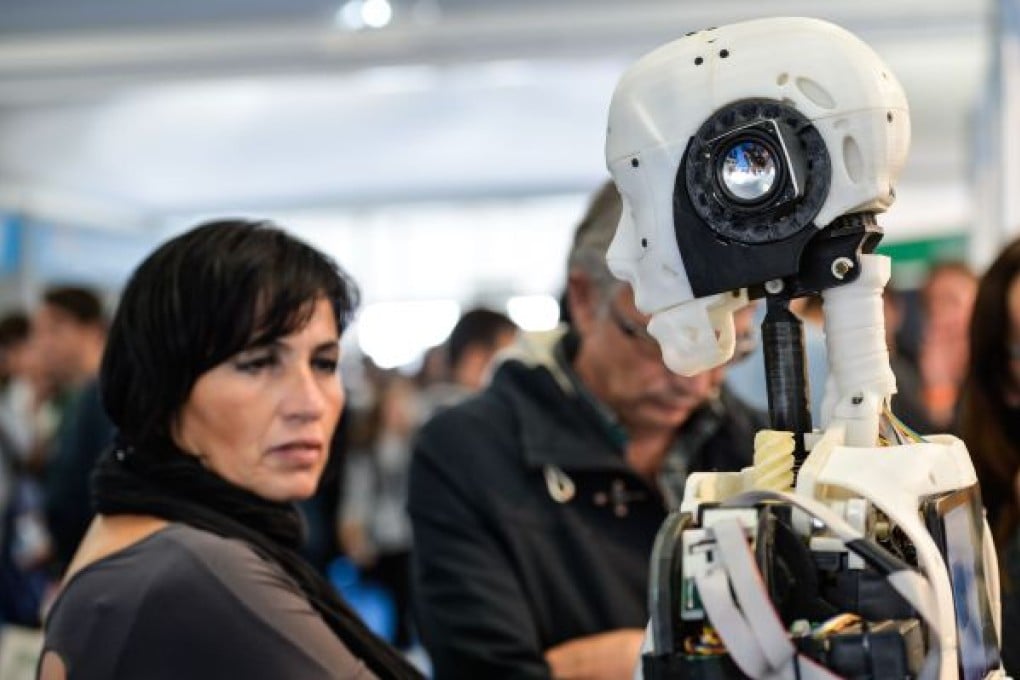Harvard alumni debate world revolution in innovation
There is probably no topic more appropriate to choose for the first in a new series of cutting-edge symposia than “Innovation Everywhere”...

There is probably no topic more appropriate to choose for the first in a new series of cutting-edge symposia than “Innovation Everywhere”. The Harvard Inaugural Annual Conference will discuss this many-faceted subject this Saturday, October 24, at the Island Shangri-La hotel.
“We wanted to pick a theme that every member of our audience can relate to,” explains Rita Pang, co-president of the Harvard Club of Hong Kong, which is hosting the event in partnership with the Harvard University Asia Center, the Harvard China Fund and Harvard’s Fairbank Center for Chinese Studies. Pang is also a co-founder of Bridgeway Prime Shop Fund Management.
“Like it or not, the innovation going on around us is transforming our lives,” Pang says. “In recognition of that fact, we have convened a diverse lineup of speakers from government, private-sector industries and academia. We want to examine the potential changes – in fields such as education, environmental sustainability, digital marketing, technology and the shared economy – and look at the ways in which these can impact on each of our lives.”
“Harvard’s professor Forest L. Reinhardt will kick off the conference by sharing the latest innovations at Harvard, and then the formal programme will cover global, US and China perspectives,” Pang points out.
Amongst the programme highlights are Dr Victor Fung, group chairman, Fung Group, speaking on “Innovations for the Future – Global Perspective and Emerging Trends”; Nathan Blecharczyk’s case study of Airbnb, the company he co-founded, and of which he is now CTO; and “Innovation in China”, a dialogue between Julian Ma, corporate vice-president of Tencent, and Dr Edward Tse, founder and CEO of Gao Feng Advisory Company, and author of the book China Disruptors.
Tse believes that for most traditional organisations, the implementation of disruptive innovations requires a fundamental change in their culture, mindset and DNA.
“In order to make disruptive innovations work, a company has to allow new ideas to be bred within a new organisation that is developed alongside the ‘mother ship’ of the existing organisation, without overwhelming it,” he says. “On the other hand, the new organisation should be placed far away from the ‘mother ship’, so it doesn’t get the nurturing and attention. Creating that fine balance, and migrating the disruption forward in an appropriate fashion, is the key for companies when adopting disruptive innovations.”
